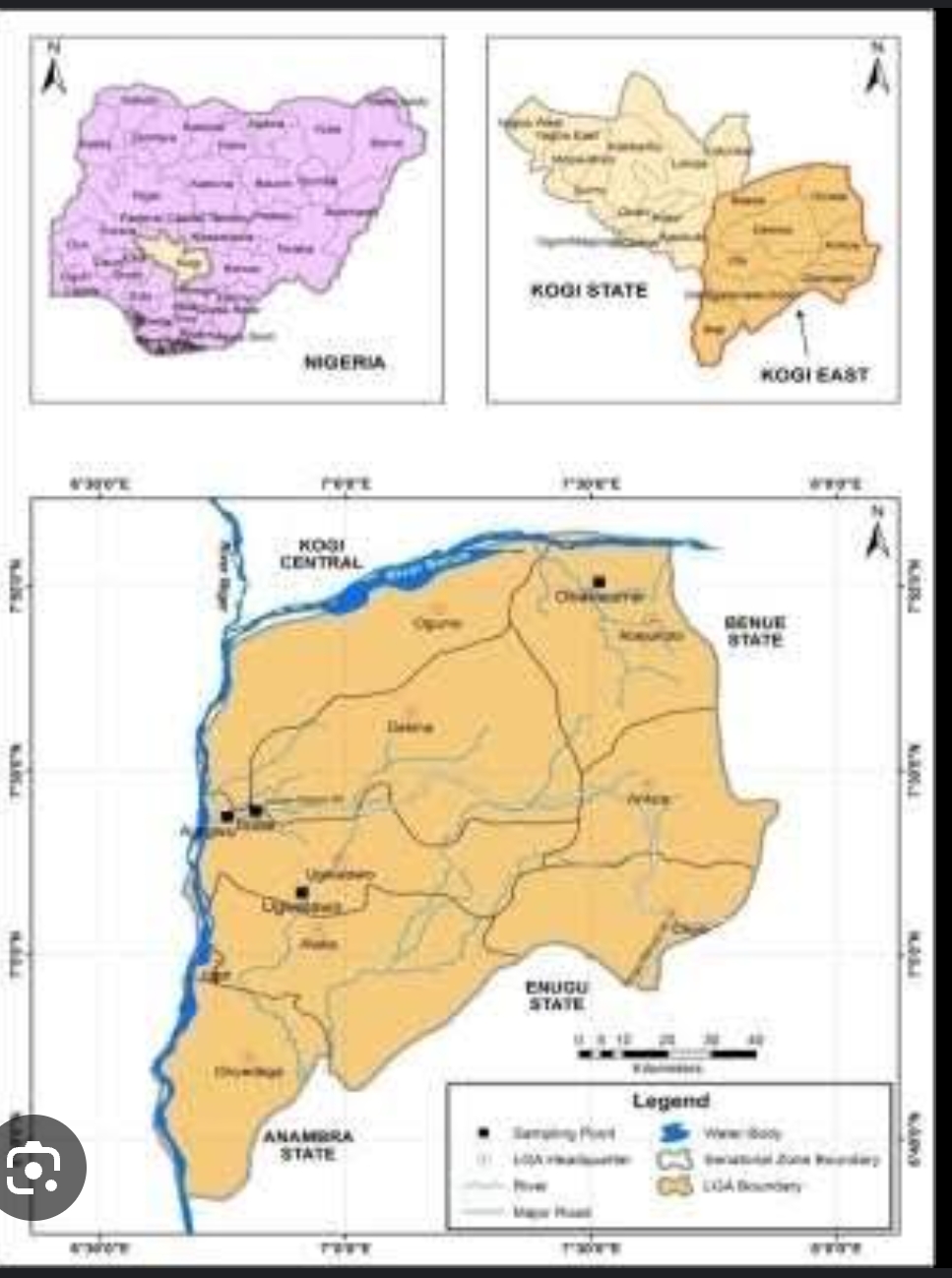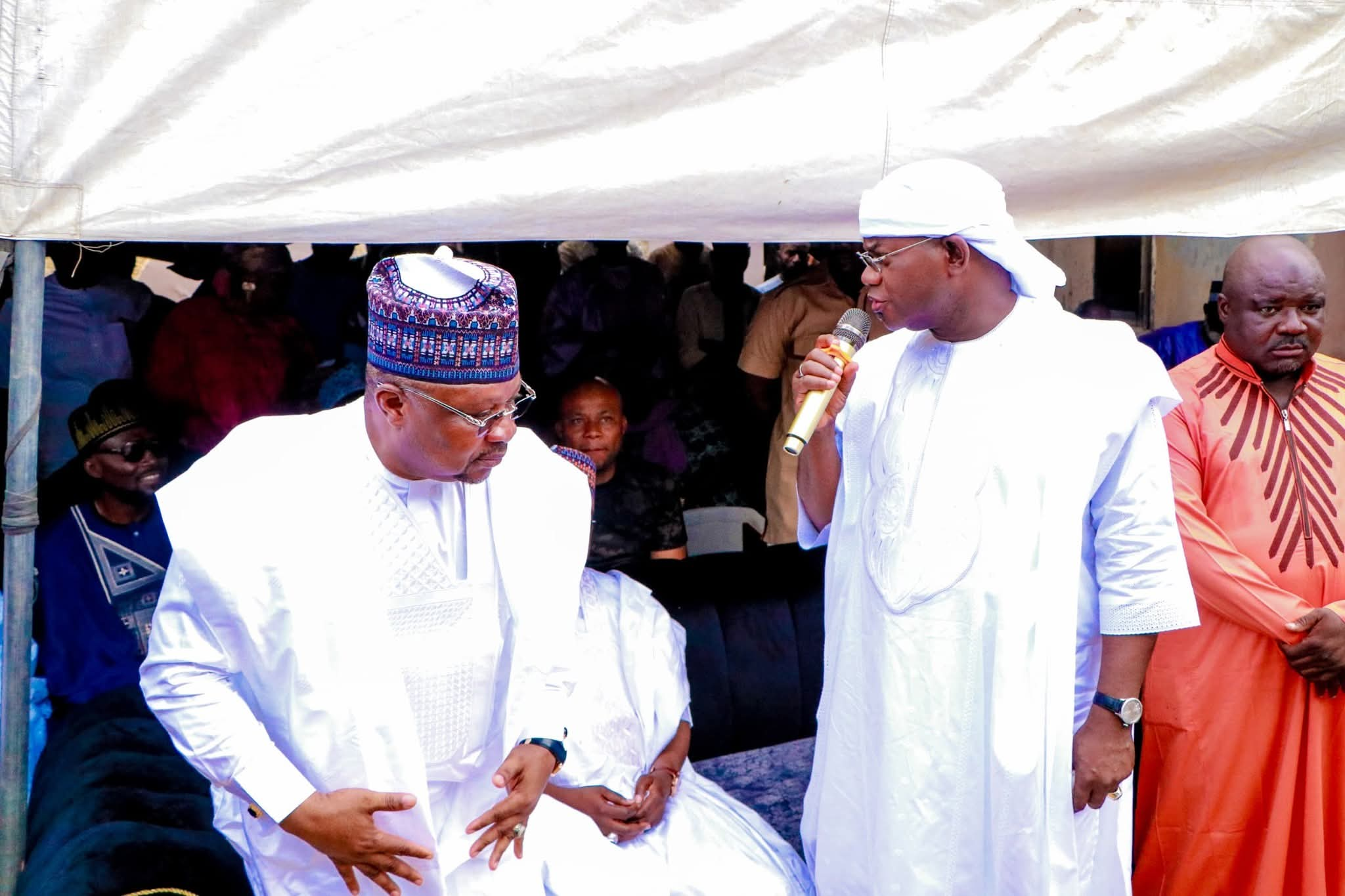By Christopher Sunday
3rd July, 2025.
In the politics of Kogi State — and particularly in Kogi East — we have seen a troubling pattern repeat itself with destructive consistency: men without scorecards but with ambition; candidates without competence but with connections; leaders without vision but with a godfather.
This culture must end.
Public office is not an inheritance. It is not compensation for loyalty. It is not a trophy for being in the right political camp. Leadership, if it must bring development, must be founded on merit, service, capacity, and character — not on the whims of political merchants who trade influence for personal gain.
Our land, rich in potential but battered by poor representation, cannot afford to keep placing its future in the hands of men who have never read a budget, who cannot debate policy, who know nothing about governance but everything about praise-singing.
Kogi East must rise beyond the politics of godfatherism. We must bury the mentality that a man deserves office because he has “paid his dues” politically. What dues? Is it to the people or to the godfather? What qualifications? Who has he empowered? What has he built? What is his ideology?
We must also state this boldly: Thugs should not be rewarded with public office.
It is a dangerous distortion of democracy to elevate those who have thrived through violence, intimidation, and electoral malpractice. The man who once disrupted elections should not be given the authority to oversee them. The one who used his fists to suppress the people yesterday cannot be trusted to serve them tomorrow.
Public office is not a retirement plan for political thugs. It is not a peace offering to men who used violence to gain relevance. Leadership must never be a bribe to silence those who once terrorized communities in the name of politics. When we reward thuggery with political positions, we legitimize lawlessness and endanger our collective future.
Let us be brutally honest: many of our setbacks in Kogi East today are not from external enemies, but from internal errors. We have recycled mediocrity because political parties filed candidates who are not prepared to lead, but merely eager to occupy. We have turned elections into compensation schemes for loyalists, not instruments for change.
If a man has no track record of service, no vision for the people, no understanding of governance, and no moral compass — he should not be given the people’s mandate. Full stop.
Ambition without knowledge is dangerous. In a time when our youths are unemployed, our roads are broken, our hospitals are sick, and our people are losing faith in democracy, we cannot entrust leadership to those who cannot even articulate a plan.
This is a clarion call to the leaders of political parties in Kogi State: stop promoting candidates based on loyalty or ethnicity or financial inducement. Begin to ask the right questions. What are your scorecards? What is your vision? What have you done for your ward, your local government, your people?
The future of a people should never be auctioned for stomach infrastructure. We need thinkers, builders, reformers — not just power-hungry actors.
And to the youth of Kogi East: stop clapping for empty men because they sprayed money at a funeral. Stop voting for people because they come from your village. Let us embrace a politics of ideas, not identities. A politics of results, not relationships.
Kogi East must stop being a political ladder for those who have no plan for her tomorrow. We must start demanding scorecards before we offer support. We must start asking tough questions before we cast our votes. And above all, we must insist that those who lead us must first have led themselves — in discipline, knowledge, service, and sacrifice.
The time for political awakening is now. Our destiny is too precious to be handed to unprepared men.
So I ask again — to every aspiring politician, to every sponsored candidate, to every ambitious youth, and to every power broker in Kogi East:
Before you seek power, show us your proof of service.








